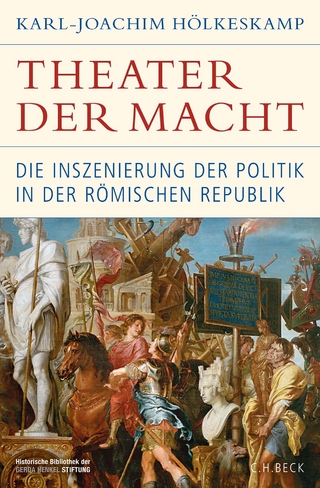
Archaeology in Society
Springer-Verlag New York Inc.
978-1-4419-9880-4 (ISBN)
The practiceof archaeology has many different facets: from academia, to government, tocultural resource management, to public media.
Considering the place of archaeology in society means understanding the rolesthat archaeology has in the present day and a sense of the contributions thatit can make in each of these areas, both now and in the future. Archaeologistscome to the field to pursue a variety of interests: teaching, examininghistory, preserving the environment, or studying a specialized time period orinterest. The outside world has a number of other expectations of archaeology:preservation, tourism, and education, to name but a few.
From a broad and varied background, the editors have compiled a rare group ofcontributors uniquely qualified to address questions about the current state ofarchaeology and its relevance in society. There is no single answer to thequestion of how the field of archaeology should develop, and what it can do forsociety. Instead,the authors in this volume lay out the many ways in which archaeology isrelevant to the present day - considering, for example, climate change, energyexploration, warfare, national identity, the importance of stories and how theyare told, and how and why opportunities to engage with the past throughmuseums, digs, television, classes, and the print media have the formsthey currently do - creating a state-of-the-art tool for archaeologists, policymakers and the public alike to understand the work of many in the fieldand address the challenges we all face.
Marcy Rockman is a 2009-2011 Science and Technology Policy Fellow with the American Association for the Advancement of Science placed with the US Environmental Protection Agency's National Homeland Security Research Centre (Washington, DC, USA) and is also a Fellow of the Cotsen Institute of Archaeology at UCLA. Her long-term research focus is the landscape learning process, which is how human populations gather, share, and remember environmental information. Joe Flatman is the County Archaeologist of Surrey (Woking, Surrey, UK) and a Senior Lecturer at UCL Institute of Archaeology (London, UK). He is a Fellow of the Society of Antiquaries of London, a Trustee of the Council for British Archaeology, and a Member of the Institute for Archaeologists.
Foreword.- Preface.- Paying for One Thing, Getting Another.- Reactive vs. Proactive Archaeologies.- Working Conditions vs. Public Perception.- What does Engagement Really Mean.- Archaeology in Primary Education.- Whose Archaeology is It?- Small- vs Large-scale Freelance Work.- Information Access in Different Formats.- Management Strategies and Synergies.- From the Micro to the Macro.- Record-keeping, Institituional, and Personal Memory.- Archaeology and Cultural Relativity.- Archaeology in Relation to Production and Use of Energy.- Archaeology of Conflict and War.- Archaeology in Relation to Climate and Environment Change.- Archaeology in Relation to Identity, Ethnicity, and Nationality.- Archaeologists as "Elders."- Archaeology in Relation to Trends in Preservation Legistlation.
| Zusatzinfo | 5 Illustrations, color; 4 Illustrations, black and white; XXIII, 317 p. 9 illus., 5 illus. in color. |
|---|---|
| Verlagsort | New York, NY |
| Sprache | englisch |
| Maße | 155 x 235 mm |
| Themenwelt | Geisteswissenschaften ► Archäologie |
| Geschichte ► Allgemeine Geschichte ► Altertum / Antike | |
| Geisteswissenschaften ► Geschichte ► Hilfswissenschaften | |
| Geschichte ► Teilgebiete der Geschichte ► Kulturgeschichte | |
| Geschichte ► Teilgebiete der Geschichte ► Sozialgeschichte | |
| Sozialwissenschaften | |
| ISBN-10 | 1-4419-9880-2 / 1441998802 |
| ISBN-13 | 978-1-4419-9880-4 / 9781441998804 |
| Zustand | Neuware |
| Haben Sie eine Frage zum Produkt? |
aus dem Bereich


